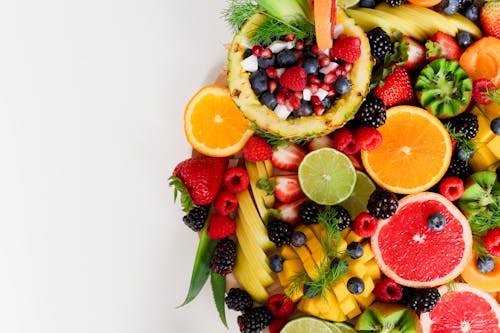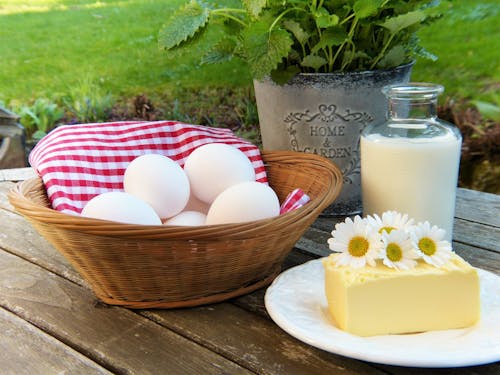
As people of age, their diets can change, especially if their diets are not well balanced. In general, doctors advise a balanced diet for older adults, which means they should eat different fruits, vegetables, proteins and whole grains, to maintain and improve health. According to Ruth Frohman, a registered dietologist and spokeswoman for the American Diet Association, besides eating a healthy variety of food, there are specific things that a fosterer may involve in the diet of a loved one to promote his health.
Prepare the food rich in this food
*Omega 3 fatty acids
Acne is proven to reduce inflammation, which can lead to heart disease, cancer and arthritis. They can be found in linen and linseed oil, walnuts, canola oil and various types of fish. Your old relative should have this food rich in food twice a week. If this is not possible, check with your doctor seeing if Omega-3 is useful.
* Calcium;

The need for calcium increases as people age. This is, first of all, to maintain the bone health. An additional benefit of calcium is that it helps reduce blood pressure. The World Health Organization (WHO) recommends that elderly adults at the age of 50 should have at least 1200 milligrams of calcium daily, four cups of orange juice, dairy milk or cereals, such as almond or soya. Blossoming greenery of cabbage and brown greens also absorb large amounts of calcium. Many find it difficult to eat and drink so many calcium during the day, so check with your loved one if he needs a calcium supplement.
* Hydrat;

People do not get very often in their age, although their bodies still need the same amount of fluids. If you notice that your beloved does not often use drinks, make sure you have them. If they do not feel thirsty, chances are they can not think of drinking a glass of water.
If you are concerned that your loved one can not be properly hydrated, check his nerves. The brightest indication of moisture or lack of urine. If their nerves are clear and light, they are most likely to be hygienic. However, if their nerve is dark and / or cloudy, they should start drinking more liquids.
* Limiting Sodium Content:
One of the most important things for patients with hypertension can be the caregiver to help reduce the likelihood of developing a loved one's hypertension for low-sodium foods. The majority of people are surprised that the table salt adds a small percentage of sodium content in food. Frozen, processed and restaurant foods are usually too high in sodium and should be avoided or just a small fraction of the diet. Fresh and frozen fruits and vegetables, dried beans, unsalted nuts and walnut butters, and grains, with brown rice and oats all foods that are naturally lower in sodium, so try and include them as much as their diet.
* Transition changes;
Dietary changes can be difficult for anyone. It can be especially challenging for adults, but as people become habitual in habits. If your loved one needs dietary modifications, increase their health and well-being, there are specific things that you and your guardian can do to help change.

No comments:
Post a Comment